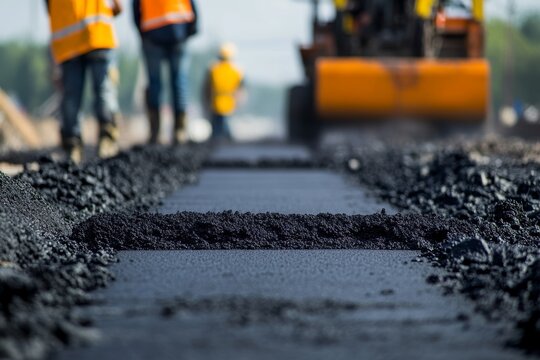The IRC Code series by the Indian Roads Congress serves as the benchmark for creating robust and sustainable road infrastructure in India. Among these, IRC:57-2018 stands out as a guideline for improving the quality and sustainability of road construction projects. This article explores the significance of this code, its recommendations, and its role in modern engineering practices.

IRC:57-2018 provides detailed guidelines on designing and constructing roads with an emphasis on durability, environmental considerations, and cost efficiency. It aims to help engineers and contractors adopt modern techniques while adhering to the highest standards of quality.
IRC:57-2018 focuses on achieving the following objectives:
The code provides in-depth guidance on the following aspects:
One of the highlights of IRC:57-2018 is its emphasis on sustainability. The code:
The code outlines:
The principles of IRC:57-2018 are highly relevant in today's context of growing urbanization and environmental concerns. Its emphasis on sustainability and quality makes it a vital tool for:
By adhering to the recommendations of IRC:57-2018, stakeholders can achieve:
IRC:57-2018 is a comprehensive guide that addresses the evolving challenges of road construction in India. Its focus on quality, sustainability, and innovation ensures that engineers can develop infrastructure that meets modern demands while preserving the environment. By incorporating these guidelines, India’s road network can achieve greater efficiency, durability, and safety.
RoadVision AI is revolutionizing road infrastructure development and maintenance by leveraging cutting-edge AI in road safety and computer vision technology. Through advanced digital twin technology, the platform performs comprehensive road safety audits, enabling early detection of potholes, cracks, and other surface issues, ensuring timely repairs and improved road conditions. It also enhances traffic surveys by providing data-driven insights to address challenges like traffic congestion and optimize road usage. With a focus on building smart roads, RoadVision AI ensures full compliance with IRC Codes, empowering engineers and stakeholders to reduce costs, minimize risks, and improve the overall road safety and transportation experience.